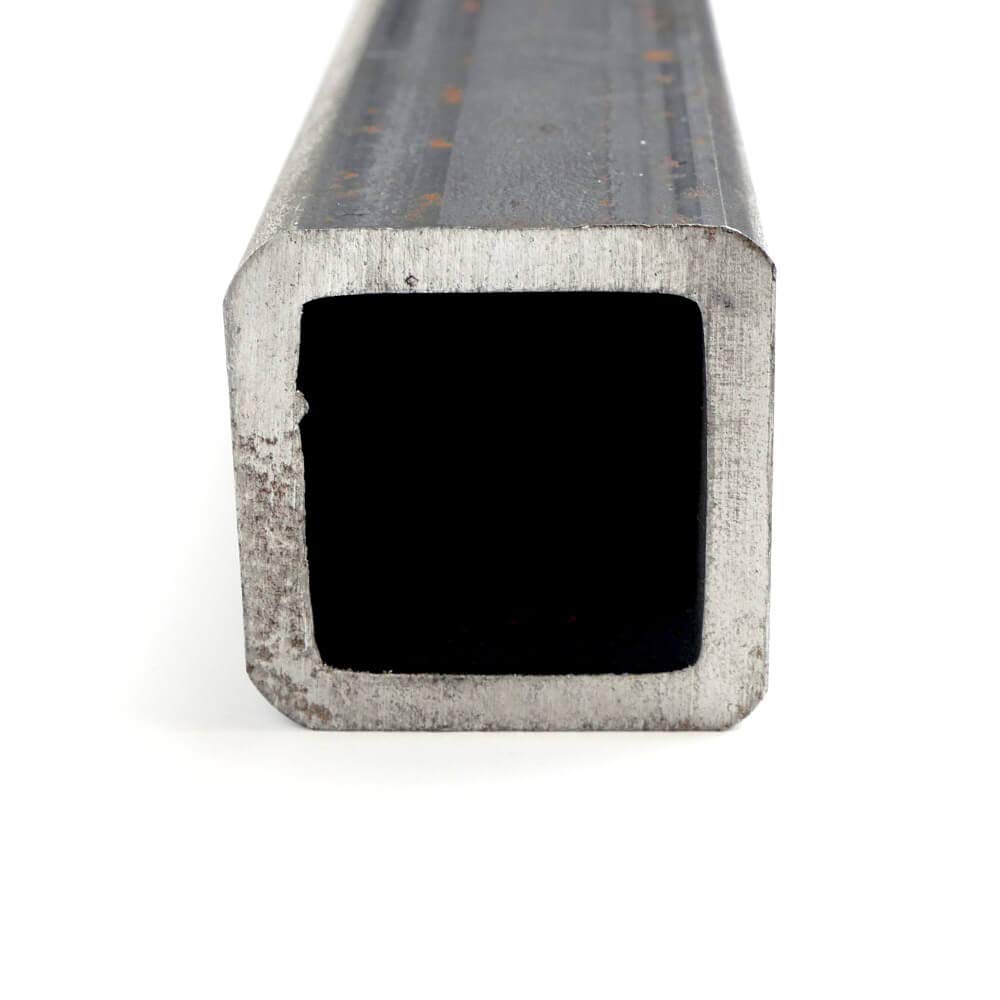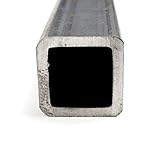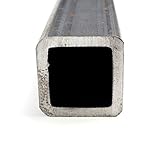All Categories





A500/A513 Carbon Steel Square Tubing, Hot Rolled, ASTM A-36, 2" Height, 3/16" Wall, 24" Length, OnlineMetals
Share Tweet
*Price and Stocks may change without prior notice
*Packaging of actual item may differ from photo shown
- Electrical items MAY be 110 volts.
- 7 Day Return Policy
- All products are genuine and original
- Cash On Delivery/Cash Upon Pickup Available








A500/A513 Carbon Steel Square Tubing, Hot Features
-
【High-Strength Carbon Steel】Our square tubing, crafted from durable carbon steel, excels in structural integrity, perfect for building frameworks, machine supports, and architectural metals in both commercial and hobbyist projects.
-
2" Height, 3/16" Wall, 24" Length
-
【Ready for Modification】Uncoated and ready for modifications, Our square tubing can be welded, drilled, or cut to fit any design needs, making it a top choice for engineers utilizing steel for innovative architectural designs and machine parts.
-
【Durable and Sustainable】Engineered to resist corrosion and wear, our square tubing serves as a long-lasting solution for construction and architectural designs, all while being a recyclable and eco-friendly product.
-
【Multipurpose Use】Ideal for harness machine fab, model material projects, and sand separator systems, this tube connects seamlessly with various tube connectors and fittings, enhancing its utility across multiple fields.
About A500/A513 Carbon Steel Square Tubing, Hot
Description The A36 carbon steel square tubing has been hot rolled and meets American Society for Testing and Materials International ASTM A36 specifications. The A36 carbon steel grade is a structural steel that has better formability than 1018 carbon steel. The tubing has been hot rolled, a method of compressing metal between two rollers at a temperature above the material’s recrystallization temperature to attain the specified dimensions. Steel is an iron alloy with carbon and other elements that modify the steel to achieve specific properties. In general, steels with higher carbon content have greater strength, hardness, and wear resistance, while those with lower carbon content have more formability, weldability, and toughness. Carbon steels, which include most AISI-SAE grades in the 1000 range, are classified by their level of carbon content as low (below 0.3%), medium (0.3% to 0.6%) and high (0.6% and above). Alloy steels, which include AISI-SAE grades in the 1300 and 4000 ranges and above, incorporate elements such as chromium, molybdenum, and nickel to modify properties like machinability and corrosion resistance. Tool steels, which include most grades with a letter and number grade designation, have high carbide content for wear resistance, high hardness, and the ability to hold a cutting edge. Some tool steels are designed to resist deformation when used in elevated temperatures. Tensile strength, used to indicate a material’s overall strength, is the peak stress it can withstand before it breaks. Wear resistance indicates the ability to prevent surface damage caused by contact with other surfaces. Toughness describes the material's ability to absorb energy before breaking, while hardness (commonly measured as indentation hardness) describes its resistance to permanent surface deformation. Formability indicates how easily the material can be permanently shaped. Machinability describes how easily it can be cut, shaped, finished, or otherwise machined, while weldability characterizes the ability to be welded.



















